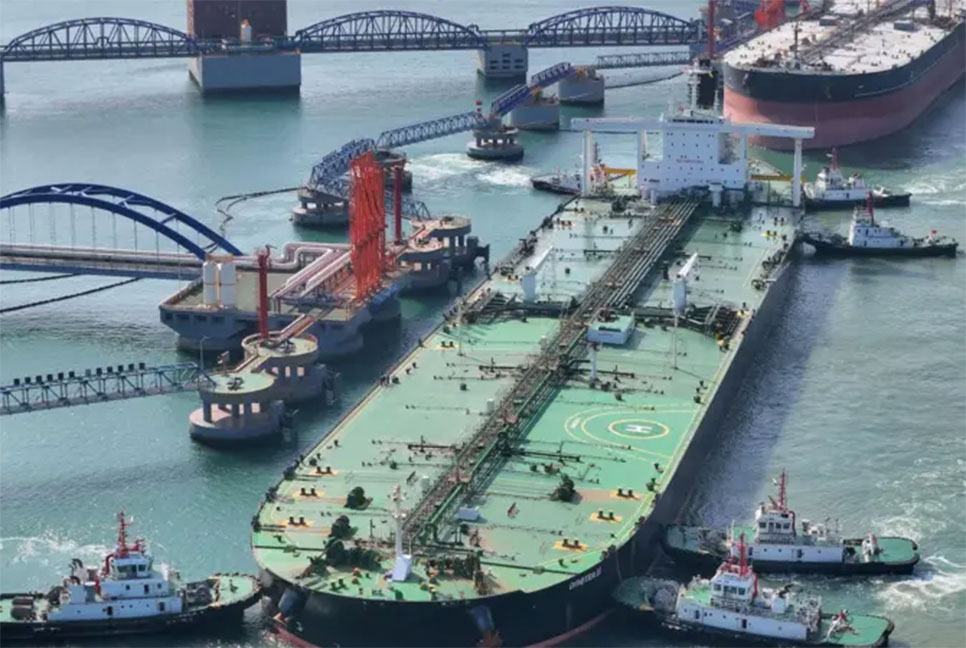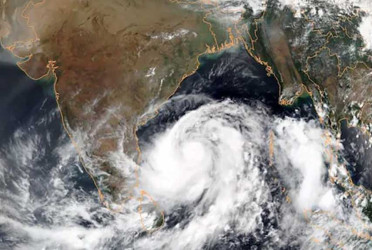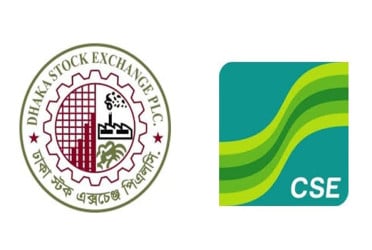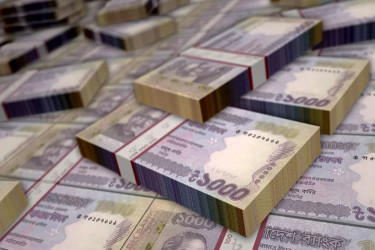Russia and Iran's successful workarounds of the West's sanctions on their oil exports largely hinge on China's contributions, the economic think tank Atlantic Council wrote in a new report Thursday.
As Russia and Iran face escalating Western sanctions, Beijing has created an alternative market for their restricted oil. The market, which trades in Chinese renminbi, opens doors for their crude-loaded "dark fleet" tankers that dodge the international maritime rules with covert maneuvers, Atlantic Council said, reports Business Insiders.
"Oil revenue from China is propping up the Iranian and Russian economies and is undermining Western sanctions," Kimberly Donovan and Maia Nikoladze, two analysts, wrote in the report.
"Meanwhile, the use of Chinese currency and payment systems in this market restricts Western jurisdictions' access to financial transactions data and weakens their sanctions enforcement efforts."
To avoid detection, Iranian fleet tankers often sail without transponders and pass themselves off as Malaysian or Middle Eastern oil once they arrive in China.
The buyers are also dubbed "teapots," referring to small, independent refineries in China. They have clandestinely accepted 90% of Iran's total oil exports, while Chinese state-owned refiners shunned Iran due to fears of sanctions, the think tank said.
"'Teapots' are believed to be paying Iran in renminbi using smaller US-sanctioned financial institutions like the Bank of Kunlun. This strategy allows China to avoid exposing its large international banks to the risk of US financial sanctions," the note said, adding that Iran can splurge on Chinese goods or stash cash in a Chinese bank upon receiving yuan.
The Atlantic Council also said Russia is taking a page from Iran's playbook. The Kremlin's "shadow fleet" sails to the world's second-largest economy while importing tech. Moscow's renminbi trading has also surged after the Group of Seven put its oil-export price cap into effect.
But the analysts pointed out that China's aid to Russia is only within the bounds of safeguarding its interests, as shown by three out of four Chinese banks halting payments from sanctioned Russian firms following the US introducing new secondary sanctions in December 2023.
"While secondary sanctions did not directly target oil payments from China, this shows that if the West were to threaten to sanction large Chinese companies for importing Russian oil above the price cap, Beijing would likely comply," analysts added.
Bd Pratidin English/Lutful Hoque





































































